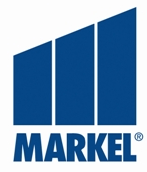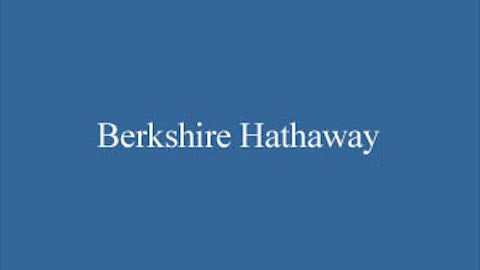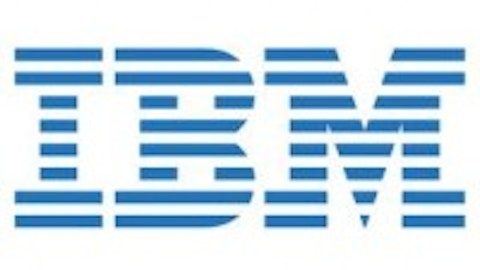With the release of its strong fourth-quarter earnings report Monday, specialty insurer Markel Corporation (NYSE:MKL) effectively capped what has arguably turned out to be its most eventful year of the past decade.
Normally that wouldn’t be saying much given Markel’s tame beta of 0.70 and considering President and CIO Tom Gayner’s consistent refusal to own “hot” stocks. Even so, that hasn’t stopped the renowned value investor from helping Markel become an easy 20-bagger since he took the helm in 1990.

When all was said and done in 2012, Markel’s operating revenues grew 14% to $3 billion, helped by a 9% increase in revenue from insurance operations and a 54% revenue increase from Markel Ventures.
Even more impressive, net income rose 77% year over year to $25.89 per share, helped largely by a 7% increase in investment income to $282 million and 75% net income growth from the Markel Ventures subsidiary to $13.5 million. In addition, even after taking a $107 million hit from Hurricane Sandy, Markel’s insurance operations achieved a respectable combined ratio of 97%, improving on the 102% from the prior-year period.
Finally, book value per share increased 15% to $403.85, which, for those of you keeping track, means Markel has managed to achieve compound annual growth in book value per share of 11.2% over the past 10 years.
So what’s the big deal?
OK, so Markel surprised no one by posting characteristically strong results. What was it, then, that made 2012 such an interesting year?
While it’s true the strength of Markel Ventures was primarily thanks to closing on two small acquisitions during the year, it turns out Markel was also on the hunt for its very own whale. On Dec. 19, Markel announced its largest acquisition to date with a $3 billion cash and stock agreement to buy rival insurer Alterra Capital Holdings Ltd (NASDAQ:ALTE).
The transaction, which is expected to close sometime during the first half of 2013, will convert each common share of Alterra into a right to receive 0.04315 shares of Markel and a cash payment of $10. After the merger is complete, Markel shareholders will own approximately 69% of the combined company.
No, really. What’s the big deal?
Though Markel has grown its book value per share by an astounding 19.3% annually since its 1986 IPO, its current $4.7 billion market cap still only places it firmly in the mid-cap category. As I noted in December, Markel Ventures typically looks to limit its acquisitions to companies with an enterprise value of less than $300 million, or nearly nine times smaller than Alterra’s current enterprise value of $2.63 billion.
Even still, it’s difficult to argue that Markel is overpaying for its prize. Though the cash portion of the deal alone will cost nearly $960 million — even after shares of Alterra skyrocketed following the original announcement — the stock still trades barely above its per share book value of $30.45 with a current trailing P/E ratio just above 14.
As I also noted in December, perhaps the most intriguing part of the acquisition lies in the investment possibilities offered by Alterra. It’s important to note that Markel’s relatively small balance sheet currently only allows it to prudently invest shareholder equity. In addition to expanding Markel’s insurance and reinsurance operations, Alterra might be able to provide the cash Markel needs to also responsibly invest its float as the much larger, oft-compared Berkshire Hathaway Inc. (NYSE:BRK.A) currently does.





